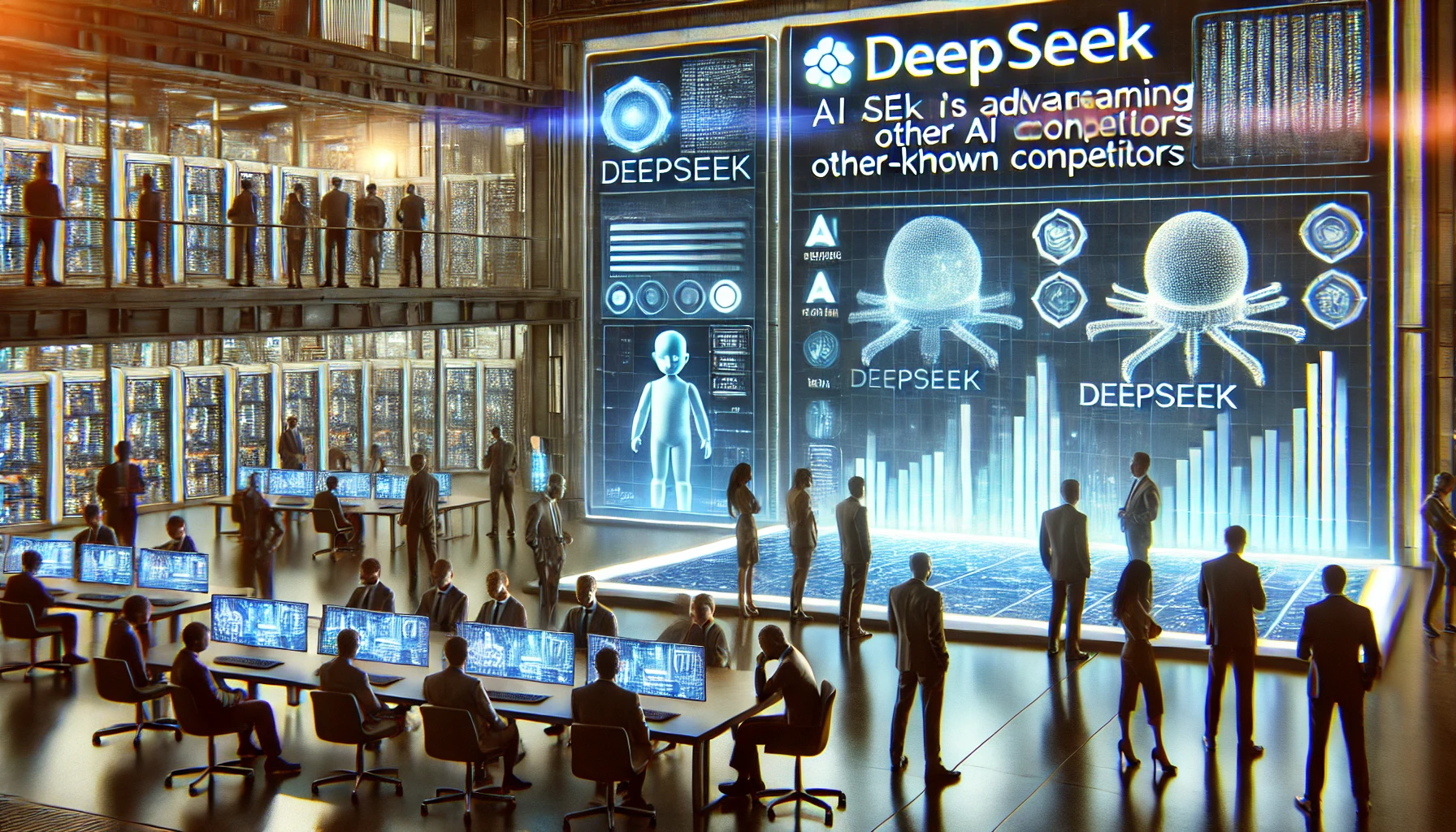
OpenAI and iPhone designer Jony Ive’s artificial intelligence (AI) device has reportedly encountered some technical hiccups.
Ive and the high-profile AI startup are developing a palm-sized, screenless device that can take audio and visual cues from the physical environment and respond to users’ requests.
But as the Financial Times (FT) reported Sunday, sources familiar with their plans said OpenAI and Ive had yet to solve crucial problems that could hold back the device’s release. Among the obstacles are deciding on the device’s “personality,” privacy issues and budgeting for the computing power required to run OpenAI’s models on a mass consumer product.
“Compute is another huge factor for the delay,” said one source close to Ive. “Amazon has the compute for an Alexa, so does Google [for its Home device], but OpenAI is struggling to get enough compute for ChatGPT, let alone an AI device — they need to fix that first.”
Meanwhile, a source close to OpenAI said the issues were just normal parts of the product development process.
Multiple sources familiar with the plans said OpenAI and Ive were at work on a device roughly the size of a smartphone that users would communicate with via a camera, microphone and speaker, with one source indicating it might have multiple cameras.
OpenAI acquired Ive’s company io for $6.4 billion in May. At a conference in Paris a few weeks later, OpenAI CFO Sarah Friar said the deal would lead to a new computing era in the same vein as the leap from flip phones to the touchscreen smartphone.
“In every tech era, there’s always been a new substrate that really brought it to life,” Friar said at the Viva 2025 tech conference.
“In the world of the PC or the internet generation, it was the graphical user interface that really brought it to the world. … When the mobile generation happened, what really brought it to life was the touchscreen on the phone.”
Today’s AI use is still tied to old modalities, she said, similar to the way early mobile experiences simply shrunk desktop websites.
“Anything I imagine right now is probably going to seem a little cute in hindsight,” Friar added. “In the same way that 2½ years ago, ChatGPT would have felt like a dream — and here we are, 2½ years later, with half a billion people using it every single week.”
News of the apparent device issue came days after OpenAI reportedly surpassed Elon Musk’s SpaceX to become the world’s most valuable startup, following an employee share sale that valued the company at $500 billion. As the FT noted, one of the ways OpenAI is hoping to justify the price tag is its push into hardware.
Source: https://www.pymnts.com/




